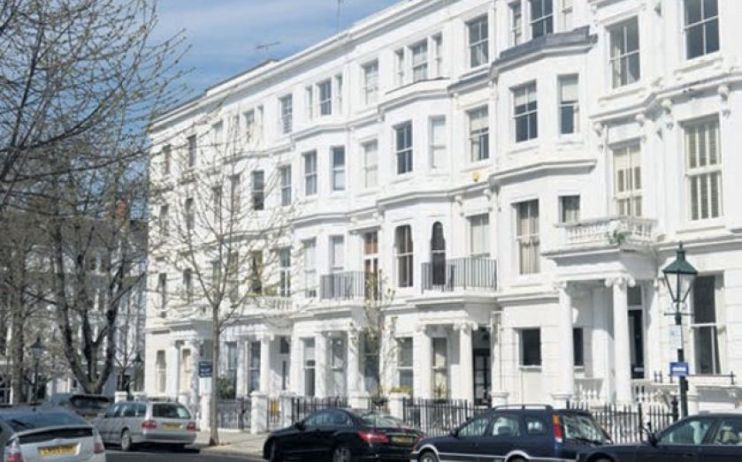Homeowners could still sue for damages amid leasehold ground rent reforms

Even though Persimmon Homes and Aviva have agreed to change the way they operate in regard to leaseholds and ground rent charges, homeowners could still be entitled to compensation, according to legal experts.
Following a recent investigation by the Competition and Markets Authority (CMA), house builder Persimmon will allow its leaseholders to buy the freehold of their property at a discounted rate, capped at £2,000, and insurance company Aviva, which buys leaseholds from house builders, will repay homeowners who saw their ground rents double.
However, Daniel Brumpton, partner and head of professional negligence team at law firm Nelson, said that, after the commitments announced by Persimmon and Aviva, the CMA is expecting other housing developers and investors to take similar action.
“Due to unfair ground rent charges, many people in the UK have been left in a position where they are stuck with homes they cannot sell or been faced with unexpectedly high prices to buy their freehold,” Brumpton told City A.M.
“While Persimmon is allowing its leaseholders to buy the freehold of their property at a discounted rate and Aviva is removing ground rent terms the CMA considers unfair and repaying homeowners who have seen rents double, homeowners could still have incurred a loss because someone didn’t advise them properly in the first place,” he explained.
What are ground rents?
When a home is sold as a leasehold, the buyer owns only the house itself. The freeholder owns the land, meaning the buyer must pay ground rent annually, which is meant to reflect the value of occupying the land/ground.
“The purchaser occupies the property on the terms set out in a legal agreement called a lease. The leases granted by the house builders to buyers are usually for long periods, such as 250 years or 999 years,” Brumpton clarified.
In recent years, house builders have been selling new build properties to buyers on a leasehold basis, meaning the house builder retained ownership of the freehold.
“In many cases, house builders then went onto sell the freeholds to third parties, such as investment companies,” Brumpton noted.
“Other payments provided for in long leases can include fees charged by the freeholder to the property, such as building an extension or for agreeing to re-mortgage the property. Ownership returns to the freeholder when the lease comes to an end,” he added.
Rents are increasing
Historically, ground rents have been low, no more than around £50 per year. However, in the last few years, house builders have started to increase ground rents to an initial charge of between £250 to £500 a year.
“They have also added clauses in the lease that allow them to review the ground rent periodically, for example, every five, ten or 25 years. Typically, the review clause allows the freeholder to increase the ground rent at each review,” Brumpton said.
In theory, a ground rent that doubles every ten years doesn’t sound too bad. However, most leases are set for a long term such as 999 years. If a ground rent of £250 per year doubles every ten years, you can expect to pay £16,000 per year after 60 years.
“For many people, that’s simply unmanageable,” Brumpton said.
Legislation
The Leasehold Reform (Ground Rent) Bill seeks to tackle the inconsistencies and uncertainty of ground rent for future leaseholders so that if someone bys leasehold in England and Wales, they only have to pay the freeholder a nominal rent.
This bill, if it becomes law, will also introduce new rights for Trading Standards to levy penalties on freeholders of up to £5,000 for breaches of the legislation.